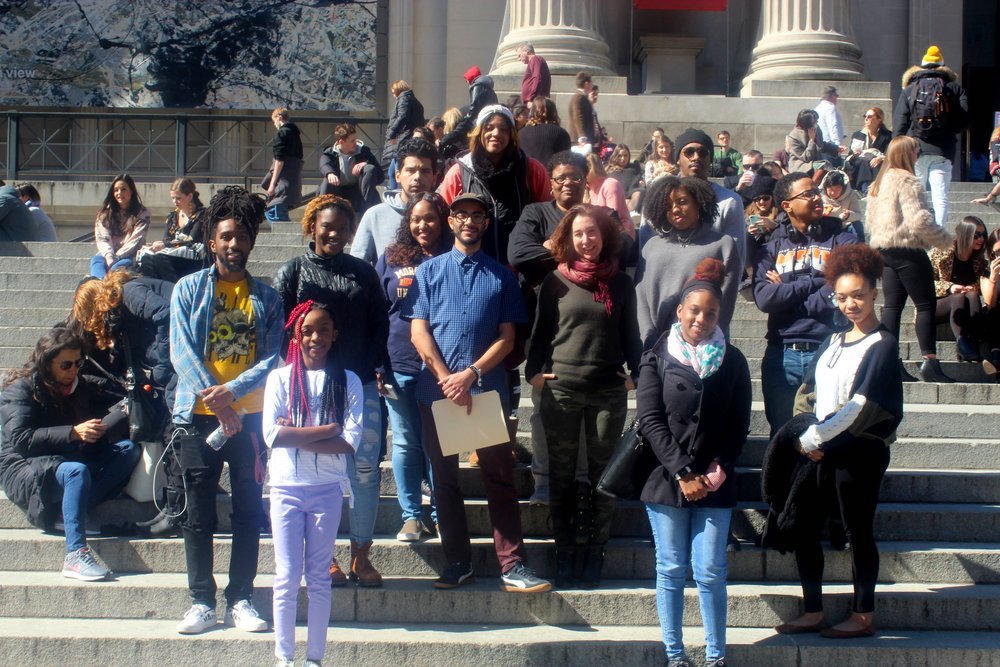The Henry Luce Foundation awarded $1,825,000 in COVID-19 emergency grants in May. The majority of these funds will support projects focused on underrepresented and vulnerable populations.
Altogether, the Luce Foundation has made more than $2.9 million available to assist underserved communities, those heavily impacted by the COVID-19 pandemic, and those most at-risk for severe illness. People of color, people earning lower incomes and with precarious employment, Indigenous people, immigrants, and unsheltered people continue to suffer disproportionately during the pandemic: the incidence of disease and death—and the economic damage—have been much greater in these communities, compared to others.
The Foundation’s Theology Program awarded $1.45 million in May. Through long partnerships with theological schools, the Theology Program has come to work closely with a range of religious communities, many of which support or collaborate with socially or economically disadvantaged communities. Nine new grants, awarded to recent and current Theology grantees, aim to amplify the voices and experiences of communities that are least heard and support them through community-based responses. These include:
- A $150,000 grant to the Borderlands Institute at Brite Divinity School to fund established organizations as they provide relief to vulnerable immigrant communities.
- A $150,000 grant to the Center for the Study of Religion and the City at Morgan State University—a Historically Black University in Baltimore, MD—to award small, rapid-response grants and support community partners already providing relief to those in need.
- A $150,000 grant to New Brunswick Theological Seminary to support the efforts of the Reformed Church of Highland Park Affordable Housing Corporation, which will provide housing and other basic needs to families and individuals impacted by the pandemic.
A grant from the Foundation’s Asia Program to the Asian American Writers Workshop will fund creation and dissemination of new material by underrepresented voices, while providing support to writers and artists who have experienced income loss. One initiative will commission work by Asian Americans that documents their and their communities’ experiences during the pandemic. A second initiative aims to build solidarity among marginalized groups deeply affected by COVID-19—specifically Asian American and Black women.
The Higher Education Program awarded $175,000 to the American Indian College Fund to help tribal colleges and universities support remote learning by Indigenous students. This grant complements earlier grants supporting Native American communities, including another grant to the College Fund for tribal colleges and one to First Nations Development Institute that supported direct relief efforts.
In total, the Foundation has made more than $5.1 million in grants in support of COVID-19-related relief and research efforts since April 2020.
The Henry Luce Foundation seeks to enrich public discourse by promoting innovative scholarship, cultivating new leaders, and fostering international understanding. Established in 1936 by Henry R. Luce, the co-founder and editor-in-chief of Time, Inc., the Luce Foundation advances its mission through grantmaking and leadership programs in the fields of Asia, higher education, religion and theology, art, and public policy.





